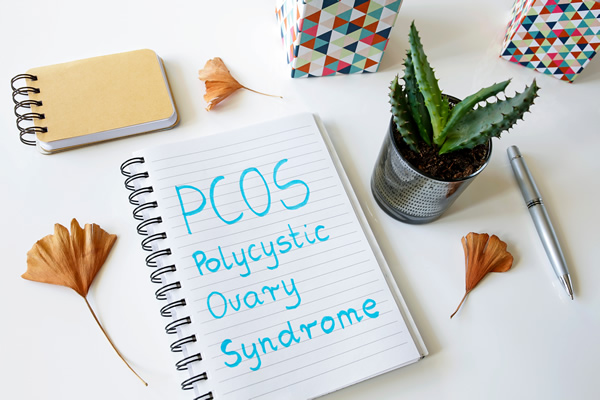PCOS

Ready to manage your PCOS?
PCOS can have a profound detrimental affect on a woman’s life, it has been described as “The thief of womanhood” (Kitzinger & Willmot 2002). Approximately one in ten women in the UK are affected by PCOS.
If you have been recently diagnosed with PCOS, please know you are not alone and secondly you are in the right place to help manage and potentially reduce your symptoms naturally. I personally suffer from PCOS and have successfully managed my symptoms through diet and lifestyle and I want to help you too.
What is PCOS?
It is a common hormonal disorder, with no known cause, but the imbalance of hormones can lead to varied, individual, impactful, unwanted symptoms, individual leading to reproductive disorders, menstrual cycle irregularities, metabolic disturbances, acne, hirsutism and psychological problems. (Teede et al.,2011). (Wolf et al., 2018).
Signs and symptoms
- Excess facial hair or just below the belly button
- Irregular periods
- Difficulty falling pregnant.
- Acne and oily skin
- Male pattern hair loss
- Weight gain, especially around the middle and difficulty losing weight
- Anxiety and depression
How to treat PCOS?
There is no one-way to treat PCOS as the symptoms are varied and individual to you. There are 4 different types of PCOS, which affect everyone differently and need to be supported correctly.
Insulin Resistant PCOS
This is the most common type of PCOS. Insulin resistance or hyperinsulinemia is where there are higher levels of insulin than normal in the body. Insulin is pumped out by the pancreas in response to glucose intake, but the cells have become numb to the increased amounts of insulin and start to resist taking in the excess insulin.
Common signs of this type of PCOS:
- Struggling to lose weight
- Hold your weight around your middle.
- Sugar cravings
- Fatigue/brain fog
What dietary changes can help this type?
The key issue is to improve insulin sensitivity. Ways to achieve this:
- Regular exercise – helps to process and burn the glucose (sugar)
- Avoid/reduce high sugar, high GI foods and swap to low GI foods, increase good fats and protein to help balance blood sugar.
- Good sleep and reduce stress, which can support blood sugar
- Temporary supplementation with berberine, inositol, and chromium – I strongly advise working with a professional nutritional therapist to work out the best dosage for you.
Post Pill PCOS
This can occur in some people after talking the OCP (oral contraceptive pill). This can be a temporary state and can settle down, but common signs are irregular periods, acne.
How can we support this type?
Talk to a nutritional therapist about temporary supplementation – magnesium, vitamin E, vitamin B6, zinc and herbs such as peony may be helpful to balance hormone levels.
Inflammatory PCOS
With inflammatory PCOS, chronic inflammation is the main driver and causes the ovaries to make excess testosterone. Signs may of inflammation may present themselves as
- Headaches
- Joint pain
- Unexplained fatigue
- Skin issues – such as eczema
- Bowel Issues e.g. IBS
- Raise inflammation markers such as CRP on a blood test
There may be no insulin sensitivity with this type, but chronic inflammation is the area we have to support.
How do we do this?
- Address any gut issues, e.g. improve digestion by supporting the good gut bacteria, the gut lining.
- Remove any dietary triggers and inflammatory foods – my role is to help you find which foods are causing the inflammation
- Increase anti-inflammatory foods – berries, ginger, and turmeric, Omega 3. I will support you with recipes to help you increase these foods.
Adrenal PCOS
Typically most women with PCOS have an elevation of all androgens including testosterone and androstenedione from the ovaries and DHEAS from the adrenal glands.
If you have only elevated DHEAS (but normal testosterone and androstenedione), then you may have adrenal PCOS.
To help support this type of PCOS
We need to:
- Reduce and manage stress - introduce relaxation techniques
- Make sure you are getting enough sleep
- Avoid any stimulants that are going to be pressure on the adrenals e.g. caffeine
- Reduce and manage any excess high intensity exercise which again can put stress on your adrenals.
- Support the body with nutrients which may have been depleted by stress and herbs which may help reduce stress e.g. magnesium, vitamin C Vitamin B, Ashwandgha
PCOS can be overwhelming and you may be unsure what type you have or know where to start.
If you are tired of the impactful symptoms of this disorder, looking to start a family or generally wanting help to support this syndrome naturally please do book a free 20 min discovery call or contact me to make an appointment for tailored support to help you.
Start HereBack to Symptoms
